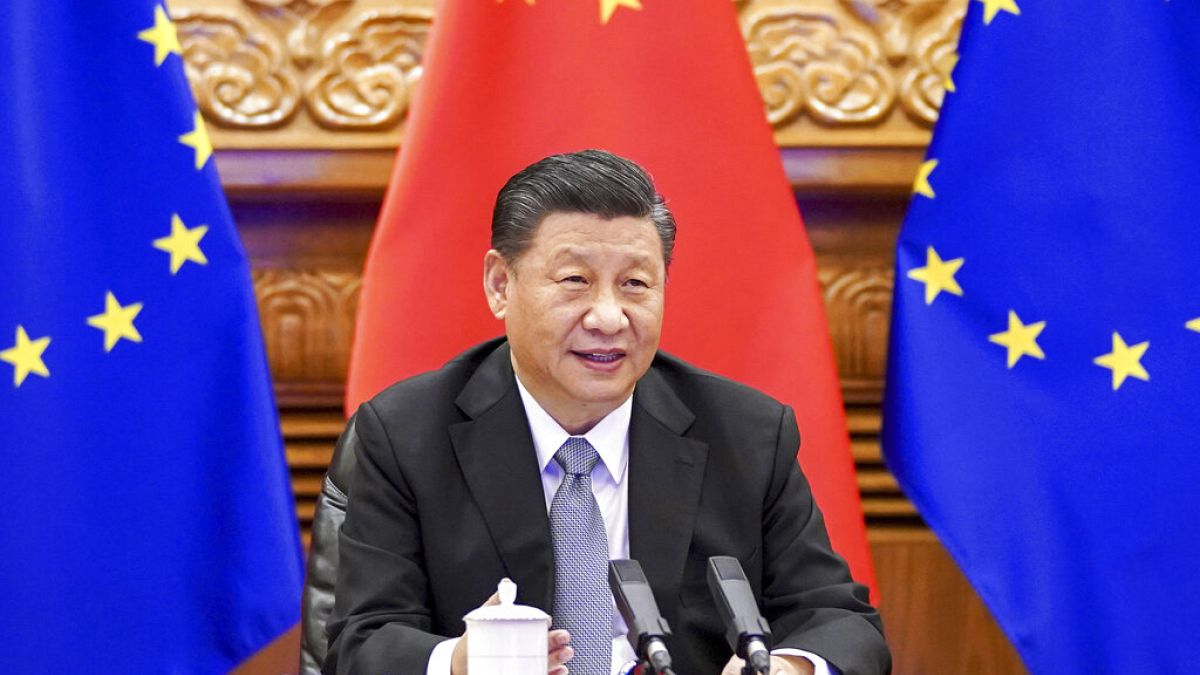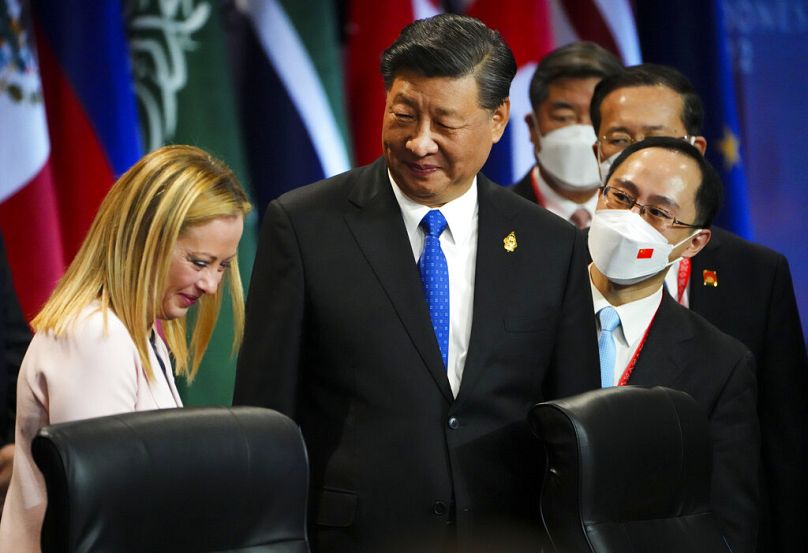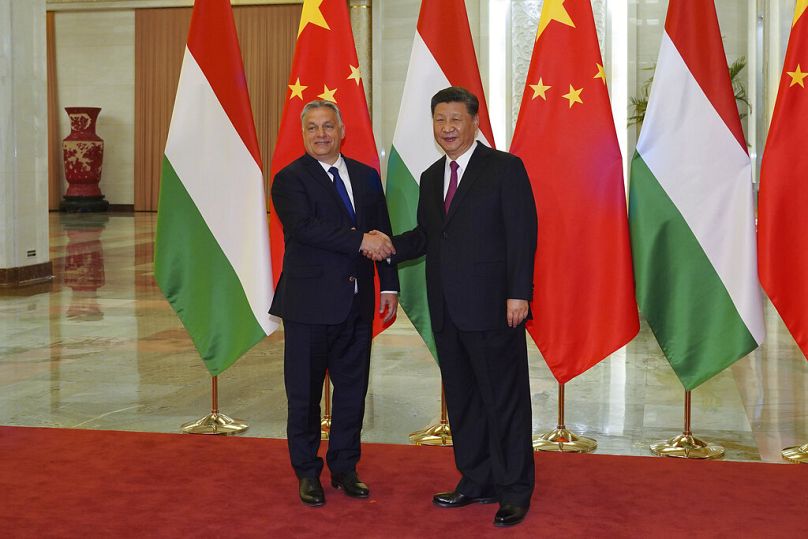
The President of China, Xi Jinping, will visit Europe in around two weeks, where he is expected to make stops in France, Hungary and Serbia.
One reason for the visit is Italy’s decision to withdraw – after some hesitation – from China’s grandiose New Silk Road programme, which Italian Prime Minister Giorgia Meloni will finalise in Beijing in July.
Rome’s decision increases the importance of Hungary and Serbia, lying in central and eastern Europe, if China is to have unimpeded access to the EU by land.
A new agreement with the Italian government will not be reached until Xi completes his European tour in May, where he will try to gauge other European countries’ intentions.

The Belgrade-Budapest freight railway, in this respect, is a key issue and explains much of the visit to the two neighbouring capitals.
Xi’s trip to Paris is part of the annual agenda of the two countries, as French President Emmanuel Macron promised to visit China every year when he was first elected and he would like to see these visits returned by the Chinese number one.
The two world powers want to reach agreements on easing China’s trade surplus, the still vexed issue of intellectual and technical rights and reciprocal climate policy steps.
They also face security policy issues, as both the EU and France see it as vital that China does not intervene on Russia’s side in the Ukraine war and that it should stop its seemingly small support to China.

According to Budapest, it is in the interest of the Hungarian economy to maintain good relations with as many countries as possible.
Authorities consider China as a great power representing considerable strength, against whom it is not worth setting ideological barriers.





